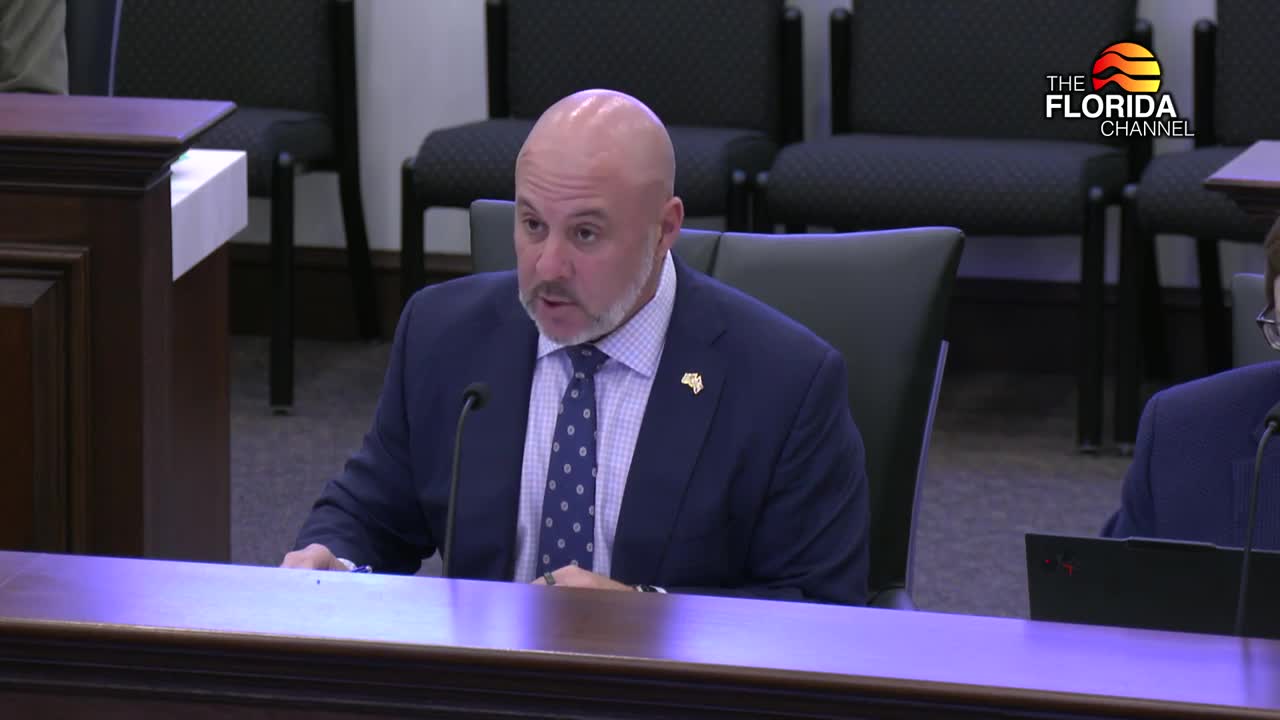Article not found
This article is no longer available. But don't worry—we've gathered other articles that discuss the same topic.
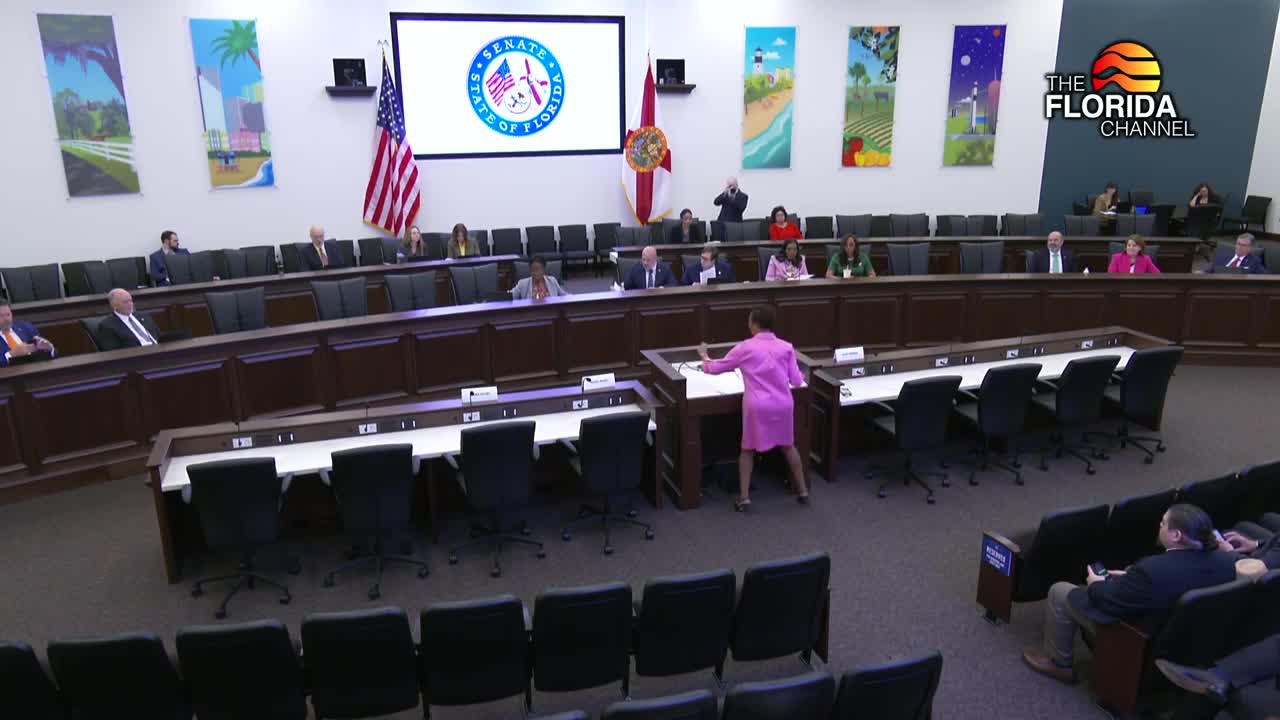
Committee reports bill expanding coverage for mammograms and supplemental breast cancer screening
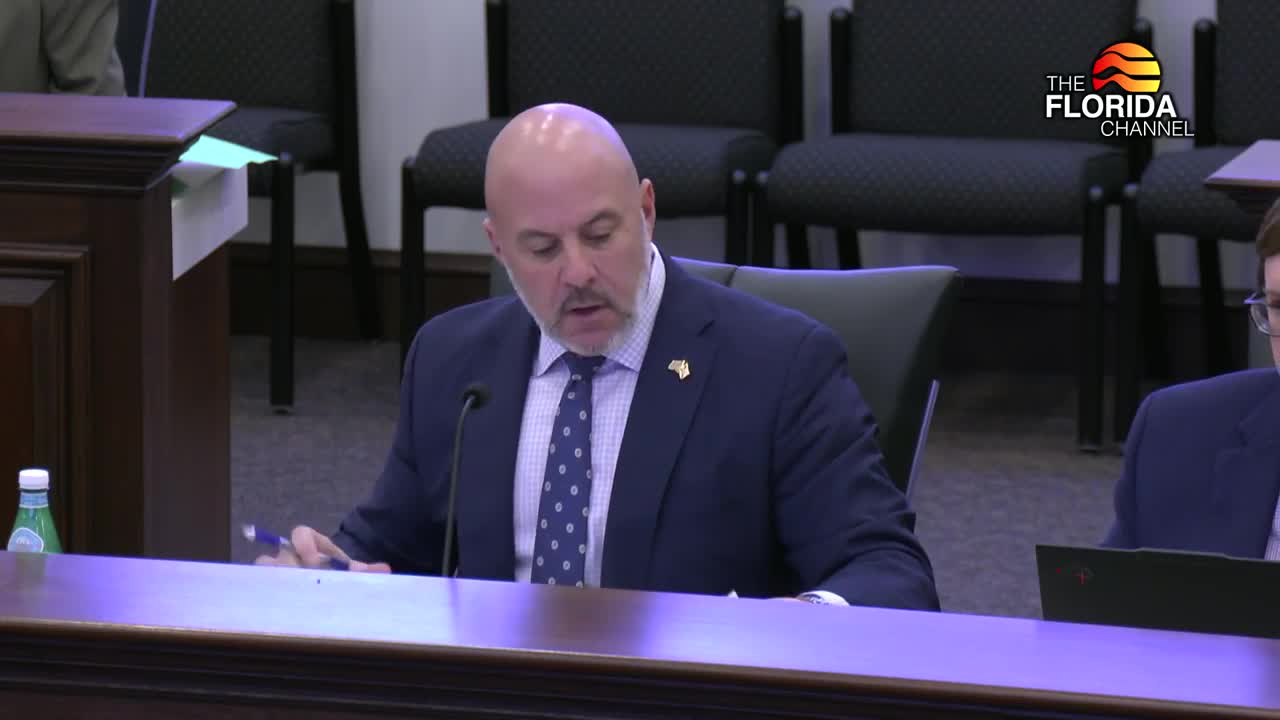
Panel examines making gold and silver legal tender and transactional in Florida
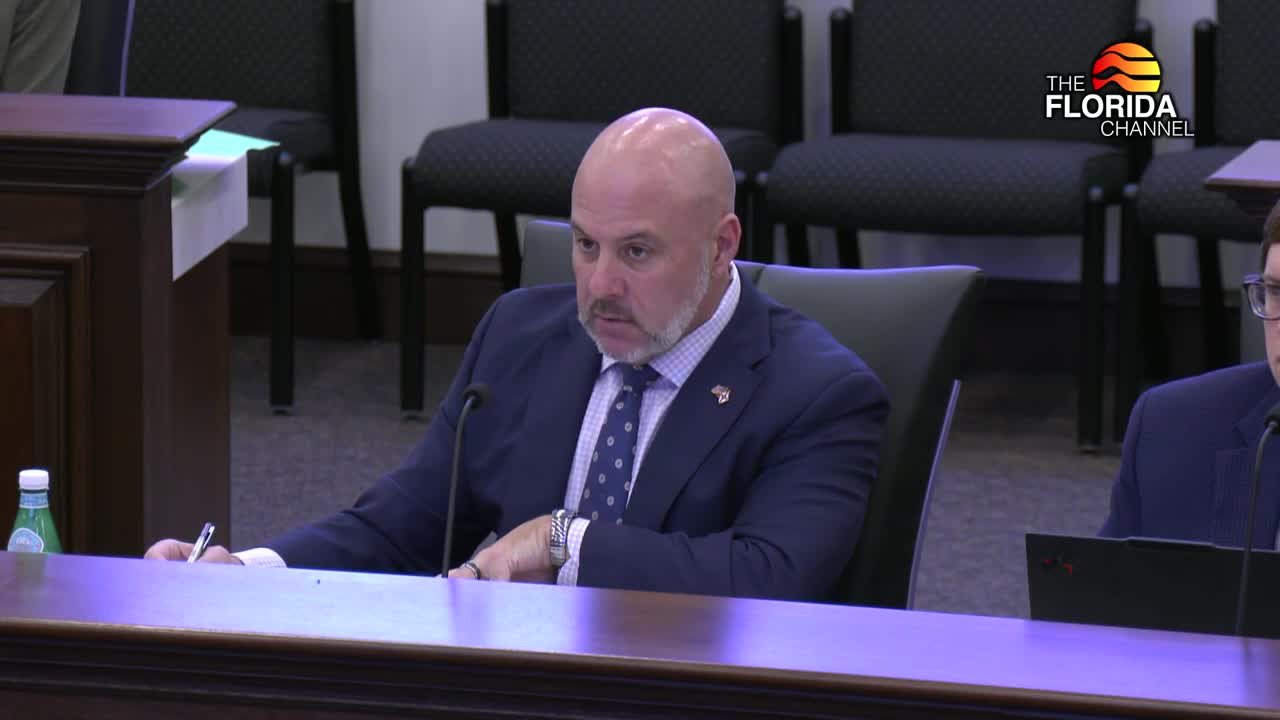
Committee approves bill requiring consumer guide and premium comparisons on OIR website
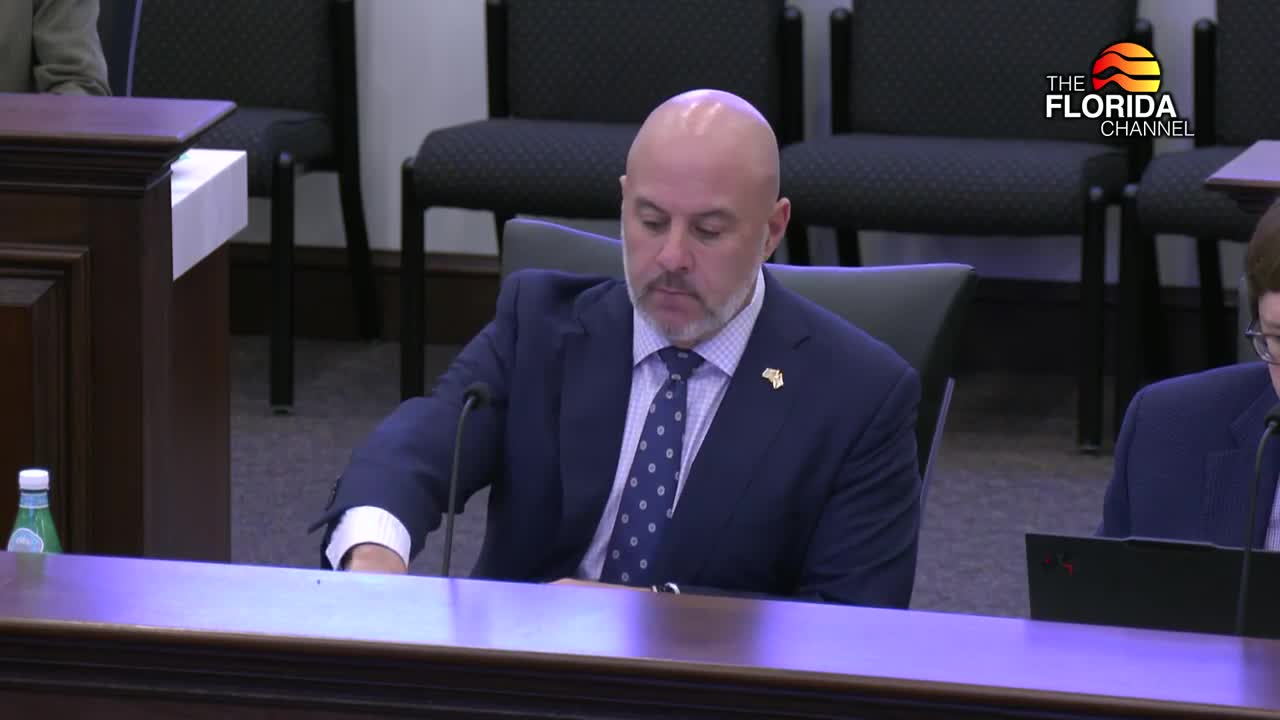
Committee backs bill to remove $500 cap on sales-tax exemption for bullion
